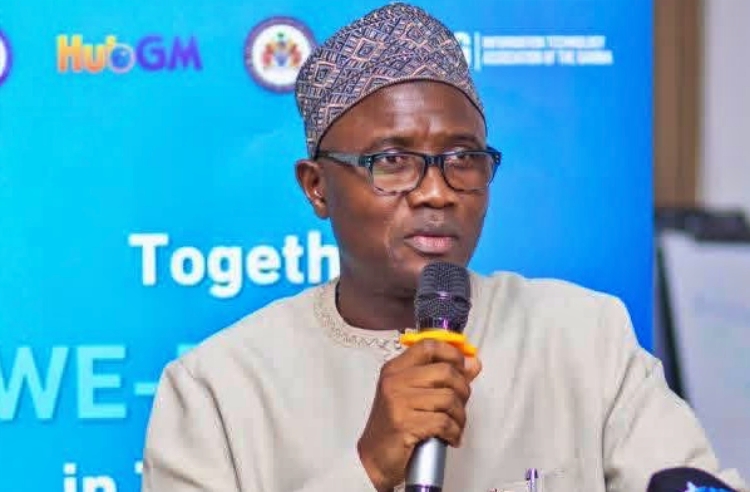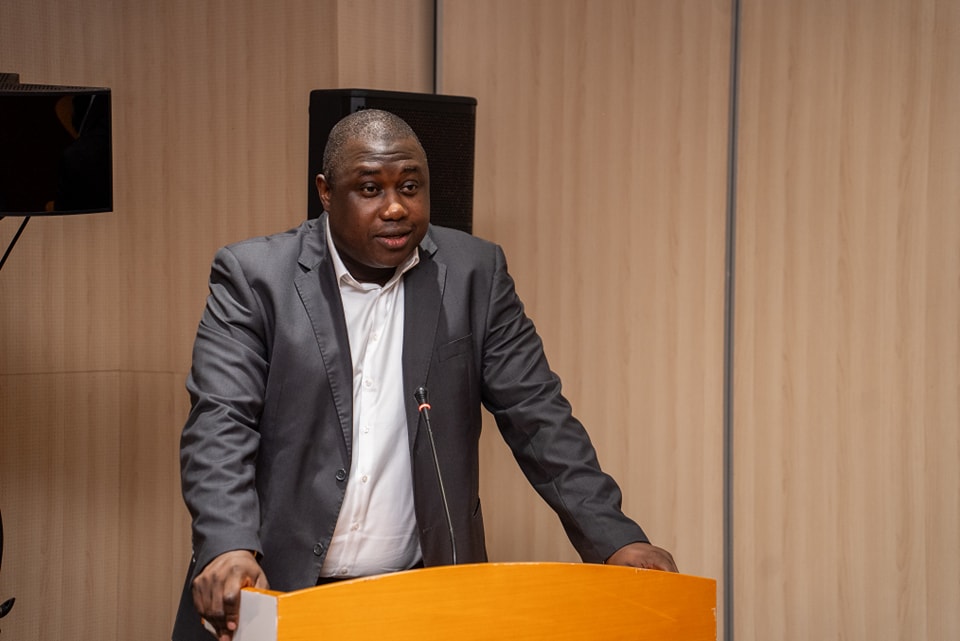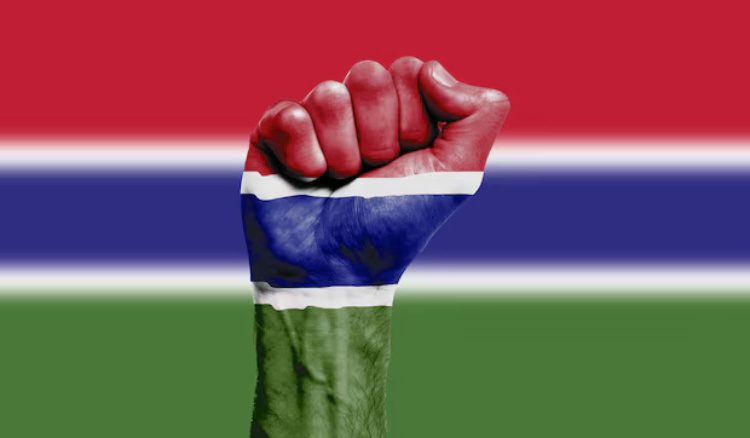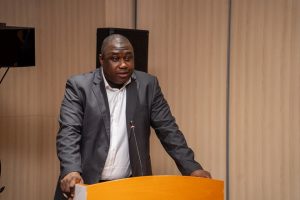Gambiaj.com – (BANJUL, The Gambia) – Power can be dazzling, and it can be dangerous. Youssou Ndour’s Sa Doole captures this truth with a simple tale: a proud horse, a patient donkey, and a lesson in humility. But the real teachings of power do not come only from songs. They reveal themselves in the quiet, unguarded moments of life.
Years ago, I survived a car accident that could have ended very differently. What stayed with me was not the crash itself, but the reactions that followed. Some people showed genuine concern. Others seemed more worried about the condition of the vehicle than about my well-being.
That moment reminded me of something I had witnessed repeatedly in public service: power does not change people, it reveals them. It draws into the light what was always there, hidden beneath the surface.
There are those who, once they step into a position of authority, begin to see the world through the narrow lens of self-preservation. Their first instinct becomes the protection of their position. They guard it so tightly that they are willing to ignore injustice, overlook compassion, or let someone else fall if it means keeping their place secure.
They may never say it aloud, but their actions speak clearly. Preserving their status matters more than the well-being of others. Such behavior is quiet, subtle, and deeply damaging.
This is why Sa Doole remains such a wise reminder. In the story, the horse boasts endlessly about its beauty, speed, and strength. The donkey listens without responding, unmoved by the noise. But pride is a dangerous guide. Eventually, the horse wanders too far and falls into a deep well. In that moment, all its confidence disappears, its cries echoing into emptiness.
And it is the donkey, the same one the horse once mocked, who bends down and pulls it out.
The donkey does not rescue the horse to humiliate it. Humility never acts to shame. It acts because it understands what pride cannot: true strength is not for display. It is for service. Every society has its donkeys, the quiet and steady people who hold communities together.
They do their work without applause:
the teacher who shows up early every morning;
the nurse who stays an extra hour to comfort a patient;
the neighbour who lends a hand without being asked.
Without people like these, everything falters.
Sa Doole invites us to reflect on how we treat those we believe are beneath us. Do we listen to them? Do we acknowledge their worth? Do we recognize their dignity? Communities do not fracture because of weakness. They fracture because of pride, because someone forgets the humanity of the person standing beside them.
Over the years, I have seen how power can cloud judgment. Some become so consumed by protecting their position that they lose sight of fairness and empathy. They confuse silence with respect and intimidation with leadership. But authority rooted in insecurity never lasts. Eventually, truth rises, quietly, but inevitably.
I have also seen the opposite. There are leaders who remain grounded despite their influence. They show kindness when it is least expected and fairness when it is least convenient. Their leadership is steady, not loud. Their strength is measured not in the authority they command, but in the lives they uplift.
Sa Doole reminds us that the true measure of power is not how forcefully it speaks, but how gently it lifts. It urges us to choose humility over pride, empathy over arrogance, and compassion over self-importance. Life is not a competition to be admired. It is an opportunity to be useful.
And when all the noise fades, it is not the proud horse the world remembers. It is the humble donkey, the one who remained steady, who acted with humanity, and who saved others when it mattered most.
May that be the kind of strength we strive for: to have Doole, and to use it well.











One Response
We were asked in ‘Civics’ class what we would want to be when we grow up. ‘Civil Service ‘ and ‘Private Enterprise’ . Either you want to spend your working life in service of your country, or you you follow your own interests. But, nowadays, it’s very hard to differentiate the two…